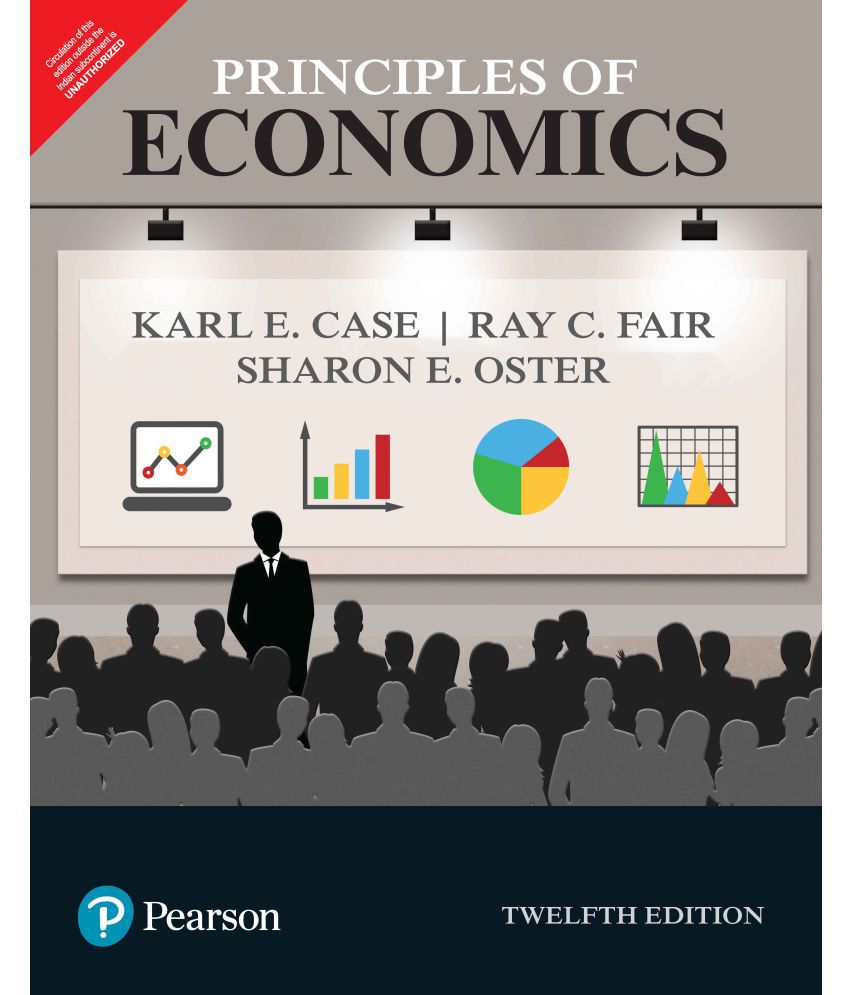Something went wrong. Please refresh the page and try again.
Something went wrong. Please refresh the page and try again.
Notifications can be turned off anytime from settings.
Item(s) Added To cart
Qty.
Something went wrong. Please refresh the page and try again.
Something went wrong. Please refresh the page and try again.
Exchange offer not applicable. New product price is lower than exchange product price
Please check the updated No Cost EMI details on the payment page
Exchange offer is not applicable with this product
Exchange Offer cannot be clubbed with Bajaj Finserv for this product
Product price & seller has been updated as per Bajaj Finserv EMI option
Please apply exchange offer again
Your item has been added to Shortlist.
View AllYour Item has been added to Shopping List
View All

No Cost EMI of Zero Emi Vendor applied on the product
You selected EMI of for monthsChangeGenerally delivered in 6 - 10 days
Item is available at . Change
You will be notified when this product will be in stock
| ||||||||||||||
Reviewers tell us that Case/Fair/Oster is one of the all-time bestselling Principles of Economics texts because they trust it to be clear, thorough, and complete. Readers of Principles of Economics, Twelfth Edition, Global Edition, come away with a basic understanding of how market economies function, an appreciation for the things they do well, and a sense of things they do poorly. With the latest research and added exercises, students begin to learn the art and science of economic thinking and start to look at some policy and even personal decisions in a different way.
About the Author
Karl E. Case is Professor of Economics Emeritus at Wellesley College where he has taught for 34 years and served several tours of duty as Department Chair.He received his B.A. from Miami University in 1968; spent three years on active duty in the Army, and received his Ph.D. in Economics from Harvard University in 1976.
Ray C. Fair is Professor of Economics at Yale University. He is a member of the Cowles Foundation at Yale and a Fellow of the Econometric Society. He received a B.A. in Economics from Fresno State College in 1964 and a Ph.D. in Economics from MIT in 1968.
Sharon M. Oster is the Frederic Wolfe Professor of Economics and Management and former Dean of the Yale School of Management. Professor Oster joined Case and Fair as a coauthor in the ninth edition of this book. Professor Oster has a B.A. in Economics from Hofstra University and a Ph.D. in Economics from Harvard University.
Features
Spotlights Recent Research
Shows the Power and Breadth of Economic Models
Introduction of a competitive market model first, followed by noncompetitive market structures gives students a clear understanding of basic economic theory and how market opportunities operate.
Keynesian Crossmaterial is integrated throughout the text
Incorporation of international examples and applications includes discussion of:
The many countries that contributed to creating the iPod (Chapter 1).
How UPS is using technology to speed worldwide delivery (Chapter 7).
How high speed trains in Europe benefit travelers, the environment, and the economies of communities served (Chapter 10).
The world’s distribution of income and how technology affects distribution (Chapter 33).
The world economy (Chapters 35 and 36)
Table Content
Part I: Introduction To Economics
1. The Scope and Method of Economics
2. The Economic Problem: Scarcity and Choice
3. Demand, Supply, and Market Equilibrium
4. Demand and Supply Applications
5. Elasticity
Part II: The Market System
6. Household Behavior and Consumer Choice
7. The Production Process: The Behavior of Profit-Maximizing Firms
8. Short-Run Costs and Output Decisions
9. Long-Run Costs and Output Decisions
10. Input Demand: The Labor and Land Markets
11. Input Demand: The Capital Market and the Investment Decision
12. General Equilibrium and the Efficiency of Perfect Competition
Part III: Market Imperfections and the Role of Government
13. Monopoly and Antitrust Policy
14. Oligopoly
15. Monopolistic Competition
16. Externalities, Public Goods, and Common Resources
17. Uncertainty and Asymmetric Information
18. Income Distribution and Poverty
19. Public Finance: The Economics of Taxation
Part IV: Concepts and Problems in Macroeconomics
20. Introduction to Macroeconomics
21. Measuring National Output and National Income
22. Unemployment, Inflation, and Long-Run Growth
Part V: The Core of Macroeconomic Theory
23. Aggregate Expenditure and Equilibrium Output
24. The Government and Fiscal Policy
25. Money, the Federal Reserve, and the Interest Rate
26. The Determination of Aggregate Output, the Price Level, and the Interest Rate
27. Policy Effects and Cost Shocks in the AS/AD Model
28. The Labor Market in the Macroeconomy
Part VI: Further Macroeconomics Issues
29. Financial Crises, Stabilization, and Deficits
30. Household and Firm Behavior in the Macroeconomy: A Further Look
31. Long-Run Growth
32. Alternative Views in Macroeconomics
Part VII: The World Economy
33. International Trade, Comparative Advantage, and Protectionism
34. Open-Economy Macroeconomics: The Balance of Payments and Exchange Rates
35. Economic Growth in Developing Economies
Part VIII: Methodology
36. Critical Thinking about Research
The images represent actual product though color of the image and product may slightly differ.
Principles of Economics by Pearson 12th Edition
Rs. 720
Register now to get updates on promotions and
coupons. Or Download App